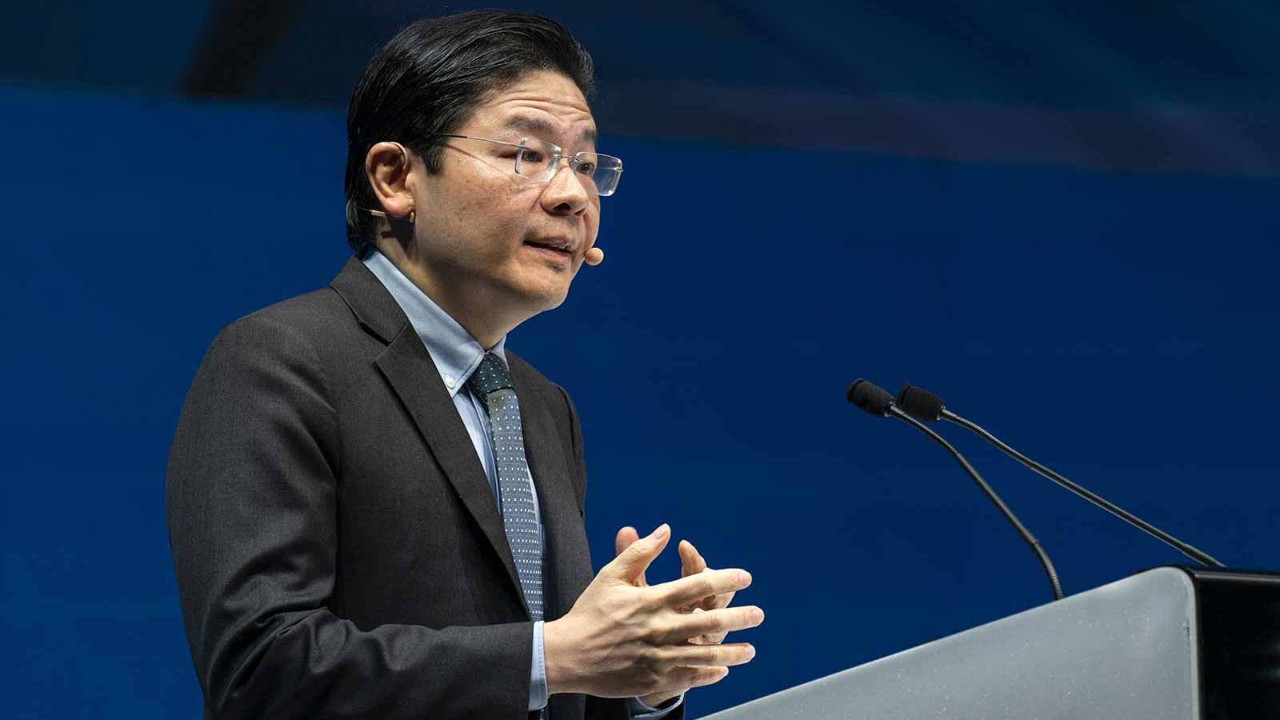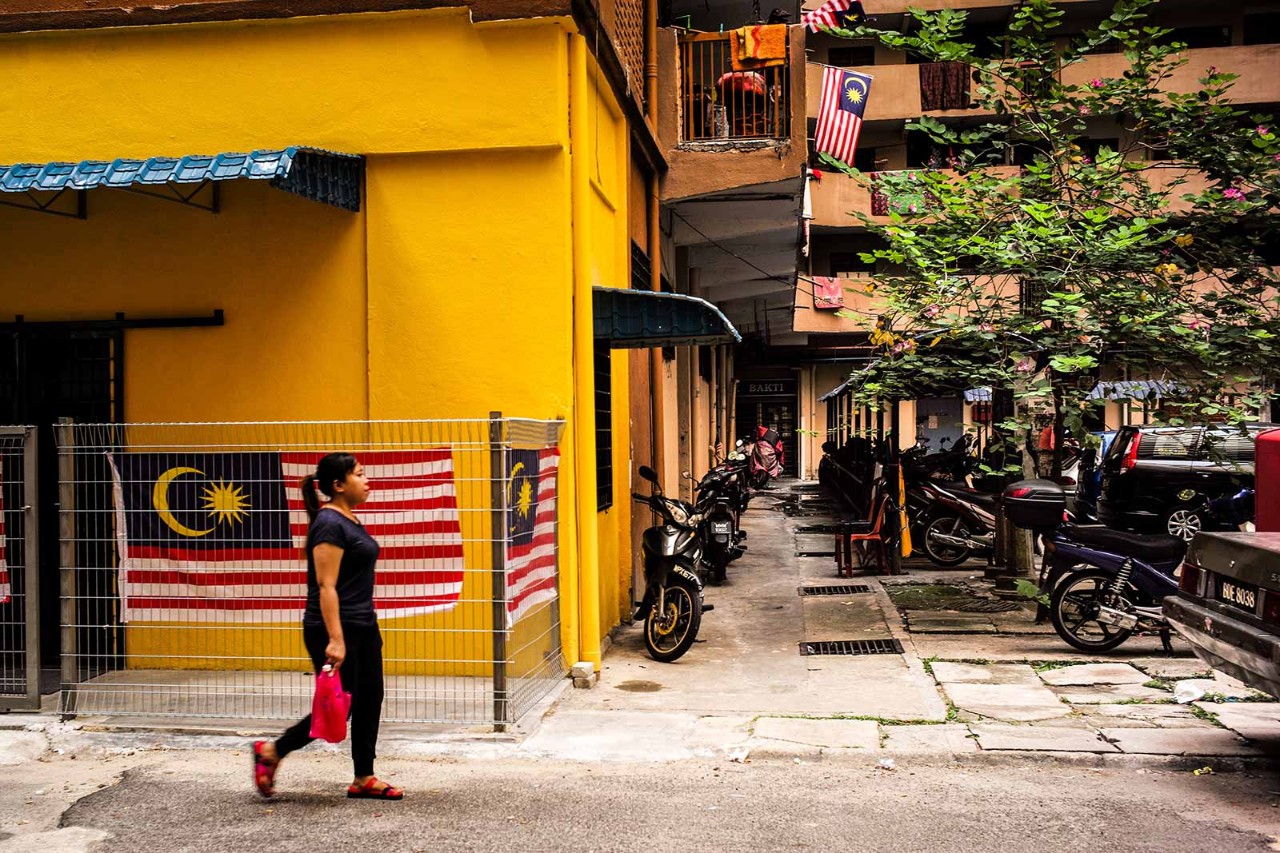
Newly appointed Finance Minister Lawrence Wong recently delivered his Budget plan for 2022, which balances support for businesses and individuals hardest hit by the pandemic with initiatives that aim to help Singapore thrive in the transformed world.
A panel of five ACCA members – Chai Yee Hoi, Ken Ong, Puah Mei Pin, Edgar Wong and Belinda Young (see box below) – gave their views on the announcement.
Q What are some of the key distinguishing features of Budget 2022?
Belinda Young While last year’s Budget was aimed at safeguarding our nation, its people and the economy to ride through the pandemic, this one seeks to bring us together as one nation, to overcome the crisis and to progress together.
Ken Ong Budget 2022 trends the expansionary fiscal approach of Budget 2021. Unlike last year’s, which focused on reliefs, business growth and transformation to ride out the pandemic, Budget 2022’s focus is on pathing policies to meet the immediate and longer term goals of the nation. This is done through four tenets: invest in new capabilities, advance our green transition, renew and strengthen our social compact, and build a fairer and more resilient tax system.
‘The new digital grants are more targeted and the scope of support addresses specific IT gaps’
Panellists
Chai Yee Hoi FCCA, managing director, Acctax Management Consultancy
Ken Ong FCCA, tax director, Eastern 9 Business Advisory Services and member of the ACCA Singapore taxation forum
Puah Mei Pin FCCA, tax director, MS Tax Services and member of the ACCA Singapore taxation forum
Edgar Wong FCCA, director, Asiaf1rst Corporate Compliance and member of the ACCA Singapore taxation forum
Belinda Young FCCA, director, Centrecourt Group and chair of the ACCA Singapore taxation forum
Q What is Budget 2022 doing to invest in new capabilities?
Chai Yee Hoi Over the years, the government has provided numerous funds such as the Productivity and Innovation Credit scheme to help businesses go digital. The new digital grants announced are more targeted and the scope of support addresses specific IT gaps, such as the TechSkills Accelerator for training of in-house IT personnel.
KO Singapore continues to rank as a top smart city for the third year running in the annual IMD-SUTD Smart City Index. This section of the Budget positions Singapore to stay ahead. Investments will be made in future technologies like the 6G network, with an additional S$200m pledged towards enhancing digital capabilities in businesses and workers.
Singapore currently maintains around 1% of GDP in R&D investment, which is comparable to other small advanced economies. In addition, S$600m will also be set aside for the Productivity Solutions Grant to support more than 100,000 related projects over the next four years.
To stay ahead of the curve, investment in R&D and productivity solutions is vital, and this Budget should preferably be increased yearly to stay competitive. The pandemic has caused widespread disruption to businesses, especially to local SMEs. Enhancing digital capabilities in businesses and providing workers with the right skillsets are hence crucial.
Q What is Budget 2022 doing to advance Singapore’s green transition?
KO This began with the unveiling of the Singapore Green Plan 2030 on 10 February 2021. Singapore has set an ambitious target to achieve net-zero emissions by or around the mid-century.
Singapore’s intention to raise carbon tax to S$80 by 2030 sends a strong signal and demonstrates conviction to the cause. This strong conviction is also felt in the government’s plan to issue S$35bn worth of green bonds by 2030 to fund public infrastructure projects such as electric vehicle charging points. The intent is to accelerate the adoption of electric vehicles and phase out petrol and diesel vehicles by 2040.
Though carbon tax is an effective means to achieve our green target, it may, however, increase the energy cost in doing business and some companies could lose competitiveness. Hence, Singapore should also look into alternative green energy sources such as solar and hydrogen.
‘The personal income rate remains low, making it competitive for businesses and individuals to work and live here’
With advances in technology, I hope that we will be able to develop a viable source to eventually replace fossil fuel as our main source of energy.
Q What is Budget 2022 doing to renew and strengthen the social compact?
Puah Mei Pin Singapore has always maintained the position that it would not want to adopt a system where over-reliance is placed on government support. The measures announced would be a good start to achieving our long-term objectives.
BY Budget 2022 has mentioned several increases: in minimum wages, balance in the Central Provident Fund (CPF) account and top-ups of Medisave, which ties in with inflation. Healthcare costs will definitely rise due to our ageing population; more than 25% will be over 65 in just seven years’ time. Such initiatives ensure that, as our population ages, we can look forward to having the necessary funds in our retirement years.
Edgar Wong A couple of years ago, the government introduced the Progressive Wage Model (PWM) to help increase the wages of low-income workers through upgrading skills and improving productivity. In the latest Budget, we see an expansion of the model to many more sectors. The result of this is that employees of these sectors should see higher take-home pay and CPF contributions.
Consequently, employers will need to manage the labour cost increase with executions to improve job processes and staff skill levels during the subsidised ‘honeymoon’ years.
In short, the PWM’s real value is not simply in helping low-income earners, but in pushing companies in the affected sectors to make their services more effective and efficient.
Q What is Budget 2022 doing to build a fairer and more resilient tax system?
KO In the digital era, wealth that used to take generations to build can now be achieved within a decade. This widening wealth gap, if left unchecked, can stress social cohesion. Given the challenges in implementing wealth tax based on net wealth, the government took the traditional route of taxing wealth, namely by increasing personal and property tax rates and luxury car ownership to mitigate social inequalities.
‘With high inflation, the introduction of the GST rate increase in 2023 may be perceived as too early’
This enables the government to get the additional revenue needed to build a fairer society and at the same time preserve the competitiveness of the nation as a wealth management hub.
BY The Minister also mentioned that there is room for ‘greater progressivity’ where those with high earning power will contribute more. This increase in personal income tax rates would affect the top 1.2% to 1.5% of personal income tax payers. Illustrations show that the proposed changes for an individual with chargeable income of S$1m will lead to an increase of tax payable of S$5,000. With the top marginal rate tax rate @ 24%, the difference from the corporate income tax rate of 17% is now 7% points.
In any case, the personal income rate, even after the increase, remains low compared with other jurisdictions in the region, and making it competitive for businesses and individuals to work and live here.
CYH With anticipated higher expenditures on healthcare and education in the coming years, the increase in tax rates is not unexpected. Personal income tax and property tax increases are mainly targeted at high-income earners, while GST increases will impact all.
With high inflation, the introduction of the GST rate increase in 2023 may be perceived as too early. A one-step increase from 7% to 9% in 2024 would be more prudent.
Additionally, the pegging of GST support packages and other grants using annual value of property is a controversial method. Retirees and middle-income earners will find themselves placed out of reach of these packages, simply because of their residential status. Perhaps a more equitable distribution of help could use per household income.




